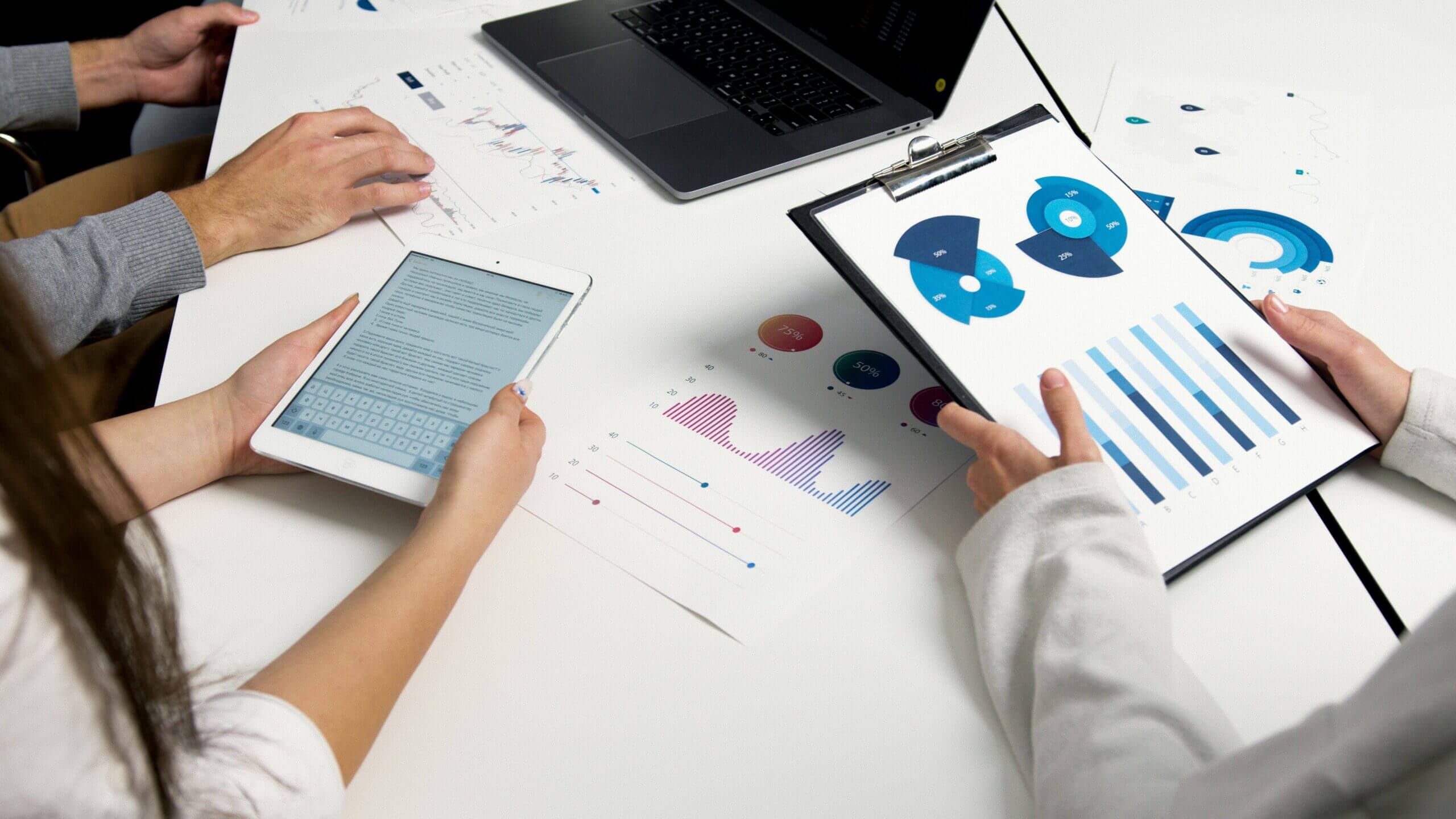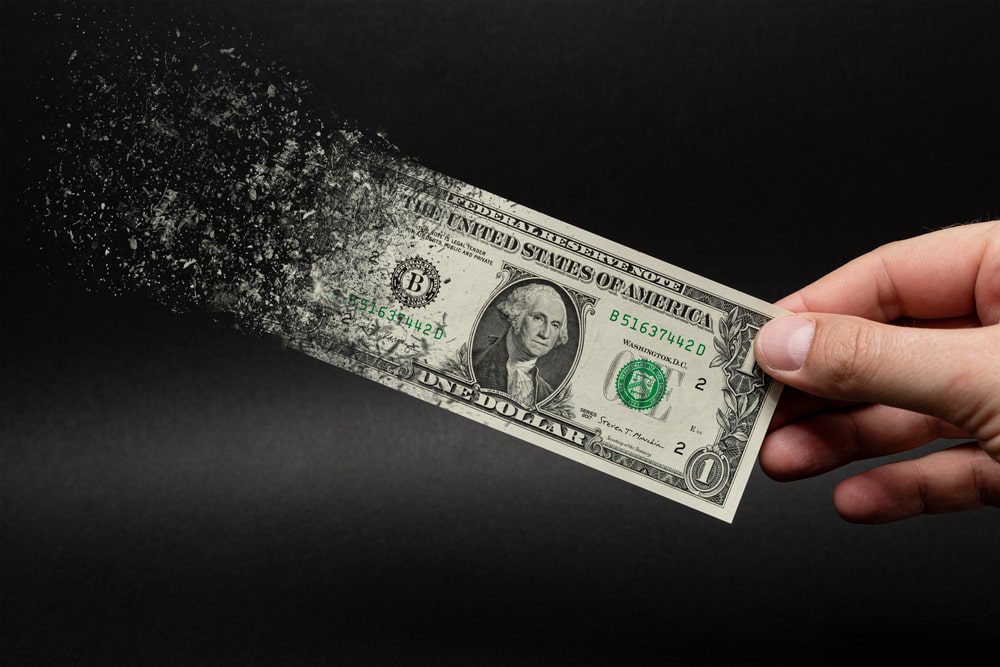
Economics is all around us. Every day, we make choices that involve spending, saving, producing, or consuming. Whether you’re deciding to buy a cup of coffee or invest your money, economics plays a role in shaping those decisions. But what exactly is economics, and why is it so important?
In this blog, we’ll explain the basics of economics, explore its key concepts, and break it down into simple terms. By the end, you’ll understand how economics impacts not just the global economy but also your daily life.
What is Economics?
Economics is the study of how individuals, businesses, and societies make decisions to manage scarce resources. These resources include money, time, labor, and materials—anything that is limited but needed to satisfy human wants.
Economics answers questions like:
- What to produce? (What goods and services should be created?)
- How to produce? (How should we use resources to produce efficiently?)
- For whom to produce? (Who gets the goods and services?)
Economics helps explain how people and systems make decisions, prioritize needs, and solve problems of scarcity.
The Two Branches of Economics
Economics is broadly divided into two main branches:
1. Microeconomics
- Focus: Individual and business-level decisions.
- Microeconomics studies how households and firms make choices about spending, saving, and producing goods.
- Key Topics: Supply and demand, pricing, opportunity cost, and competition.
Example: When you choose between buying a ₹300 t-shirt or saving the money, that’s microeconomics in action.
2. Macroeconomics
- Focus: The economy as a whole.
- Macroeconomics looks at large-scale economic factors like national income, inflation, employment rates, and government policies.
- Key Topics: GDP (Gross Domestic Product), unemployment, fiscal policies, and interest rates.
Example: When a country faces a recession, macroeconomics studies why it happened and how to recover.
Key Concepts in Economics
To understand economics, let’s explore some fundamental concepts:
1. Scarcity and Choice
Scarcity is the basic problem in economics: resources are limited, but human wants are unlimited. This forces individuals and societies to make choices.
- Trade-offs: Choosing one option means sacrificing another.
- Opportunity Cost: The value of what you give up when you make a decision.
Example: If you spend ₹1,000 on a movie, you sacrifice the opportunity to spend that money elsewhere—this is your opportunity cost.
2. Supply and Demand
Supply and demand are the forces that determine the prices of goods and services in a market.
- Demand: How much consumers want a product.
- Supply: How much producers are willing to sell.
- Equilibrium: The price where supply meets demand.
Example: When the demand for gold rises during festivals, its price increases. If supply exceeds demand, the price drops.
3. Economic Systems
Different countries organize their economies in different ways.
- Market Economy: Decisions are made by individuals and businesses based on supply and demand.
- Example: USA, where businesses compete freely.
- Command Economy: The government controls resources and production.
- Example: North Korea.
- Mixed Economy: A combination of free markets and government regulation.
- Example: India.
4. Inflation and Deflation
- Inflation: Prices rise, reducing the purchasing power of money.
- Example: A loaf of bread that cost ₹20 ten years ago may now cost ₹40.
- Deflation: Prices fall, which may slow economic growth.
Understanding inflation helps you plan investments and savings.
5. Opportunity Cost
Opportunity cost is a critical idea in economics. It refers to the value of the next best alternative when making a choice.
Example: If you skip a ₹500 job opportunity to attend a training course, the ₹500 is your opportunity cost.
Why is Economics Important?
Economics isn’t just theory—it affects our everyday lives. Here’s how:
1. Helps You Make Better Financial Decisions
Understanding concepts like opportunity cost and scarcity allows you to budget, save, and invest wisely.
2. Shapes Government Policies
Governments use economic principles to make decisions on taxes, spending, and regulations to grow the economy.
3. Drives Businesses
Businesses use economic principles like supply and demand to set prices, maximize profits, and make production decisions.
4. Personal Impact
Economics explains why prices rise (inflation), why jobs are created or lost, and how economies recover from recessions.
Real-Life Applications of Economics
Here are some everyday examples of economics in action:
- Budgeting: You allocate limited income to needs (food, rent) and wants (entertainment).
- Shopping: You compare prices of similar products to maximize value.
- Investing: Understanding inflation and interest rates helps you invest for future growth.
- Job Choices: You weigh salary, job location, and career growth opportunities.
How to Apply Basic Economic Principles in Your Life
- Budget Effectively:
Prioritize essential expenses and reduce unnecessary spending. - Save and Invest Early:
Use compounding to grow your wealth over time. - Understand Trade-offs:
When making choices, evaluate the opportunity costs to ensure you’re making the most of your resources. - Be Informed About Economic Trends:
Stay updated on inflation, interest rates, and economic policies to make smart financial decisions.
Conclusion
Economics is more than a subject—it’s the foundation of decision-making in life, business, and government. By understanding concepts like scarcity, supply and demand, opportunity cost, and economic systems, you can make better choices to manage your resources and plan for the future.
Whether you’re a student, a professional, or someone looking to build wealth, economics offers practical insights to navigate a world of limited resources and unlimited wants.



